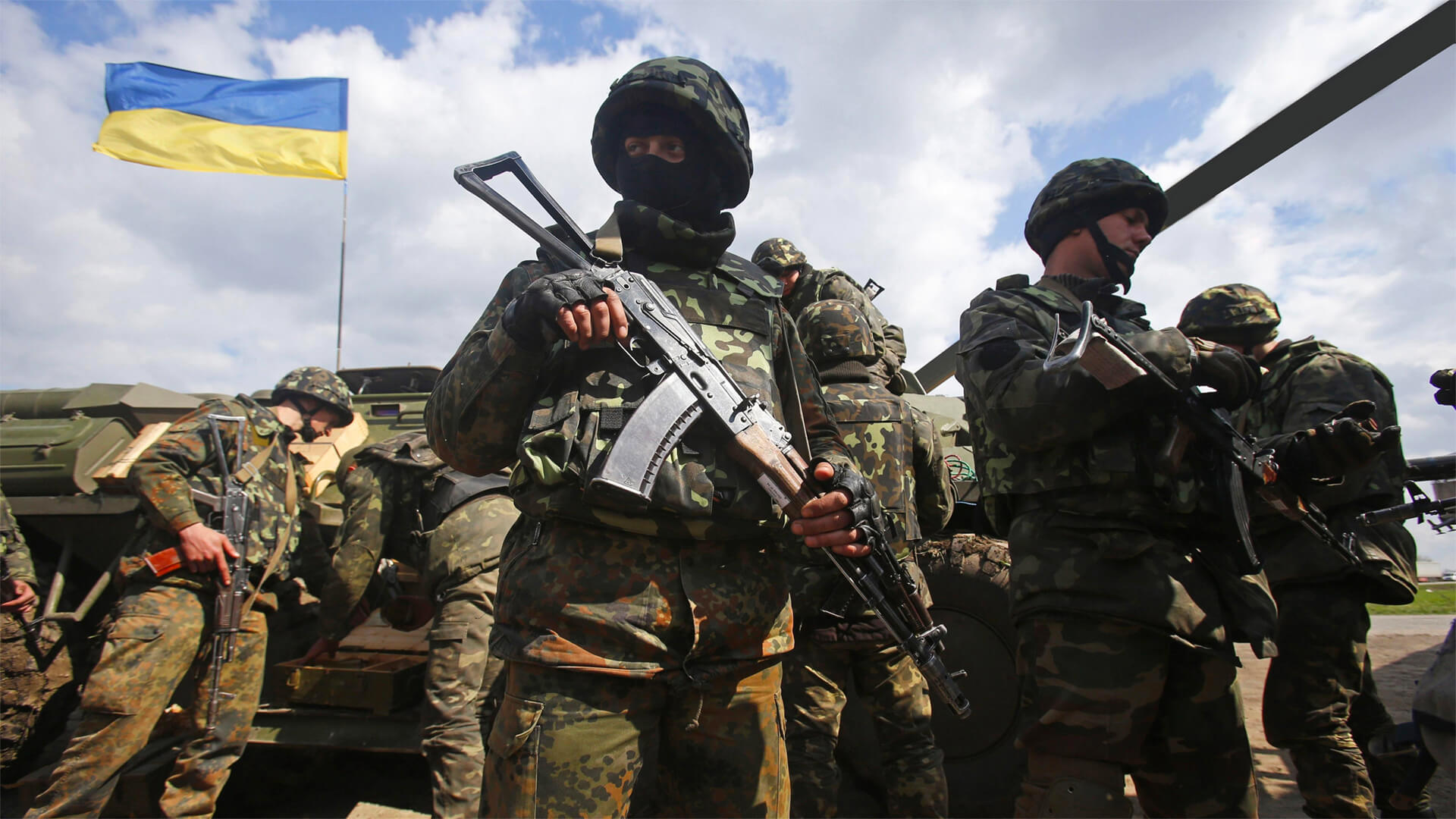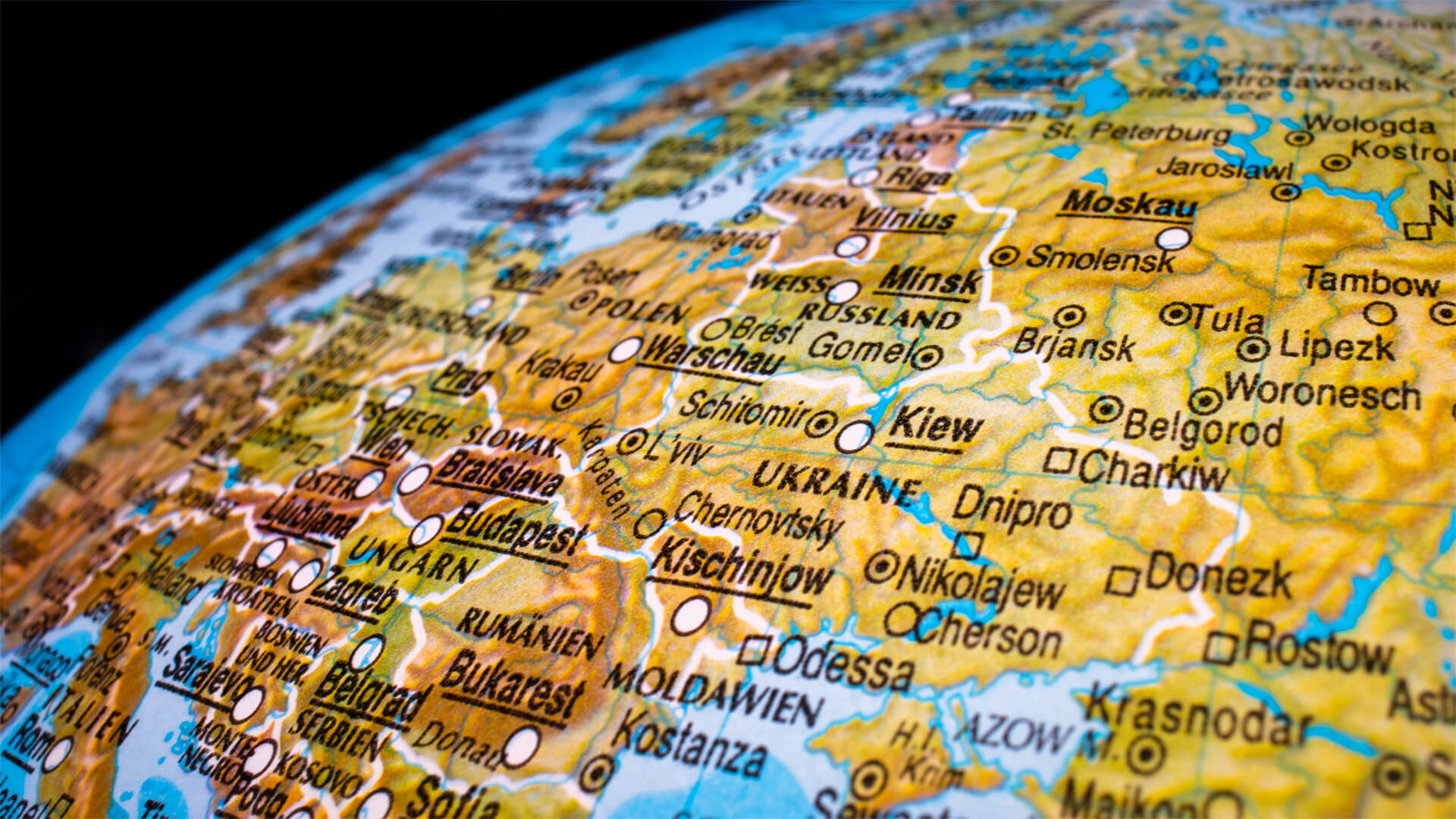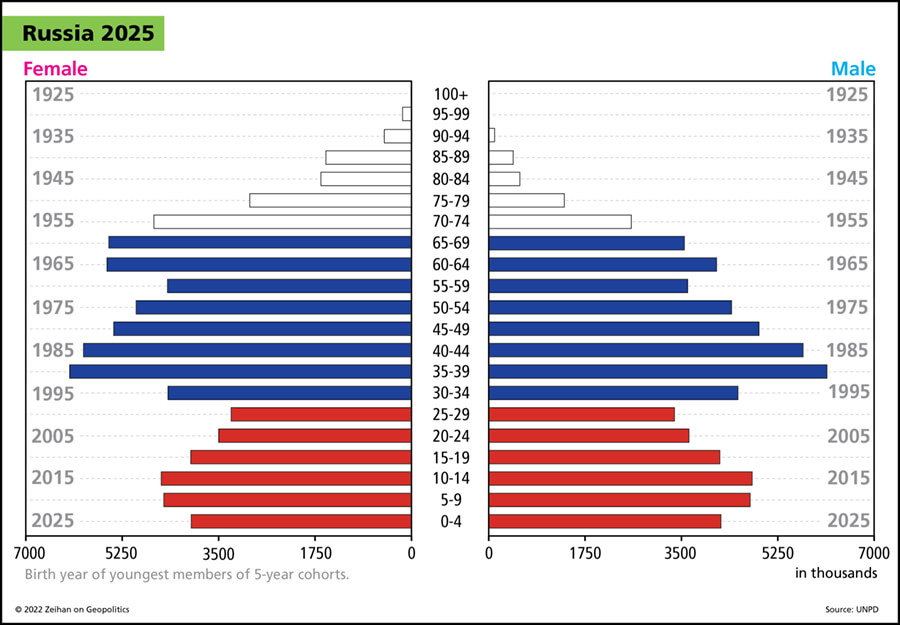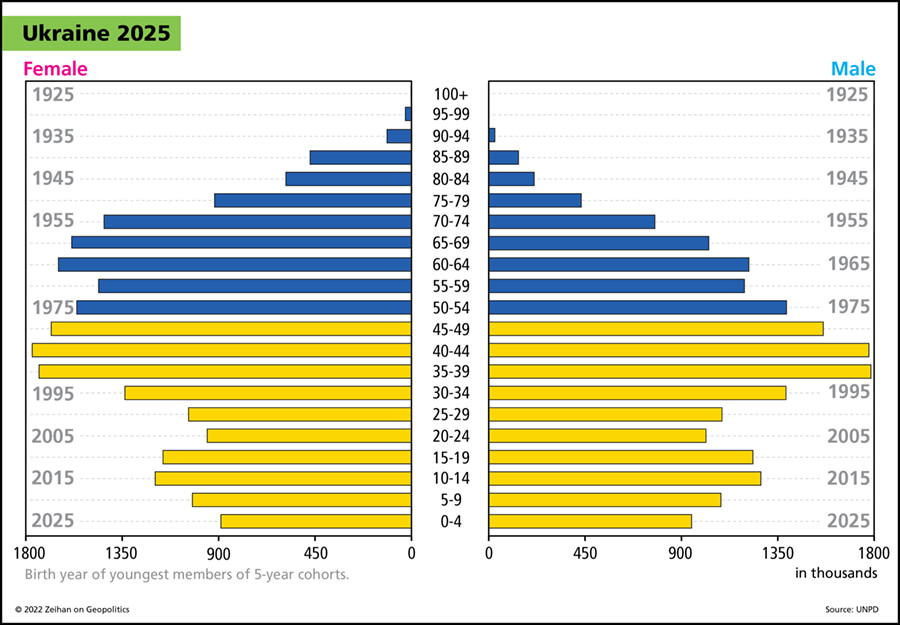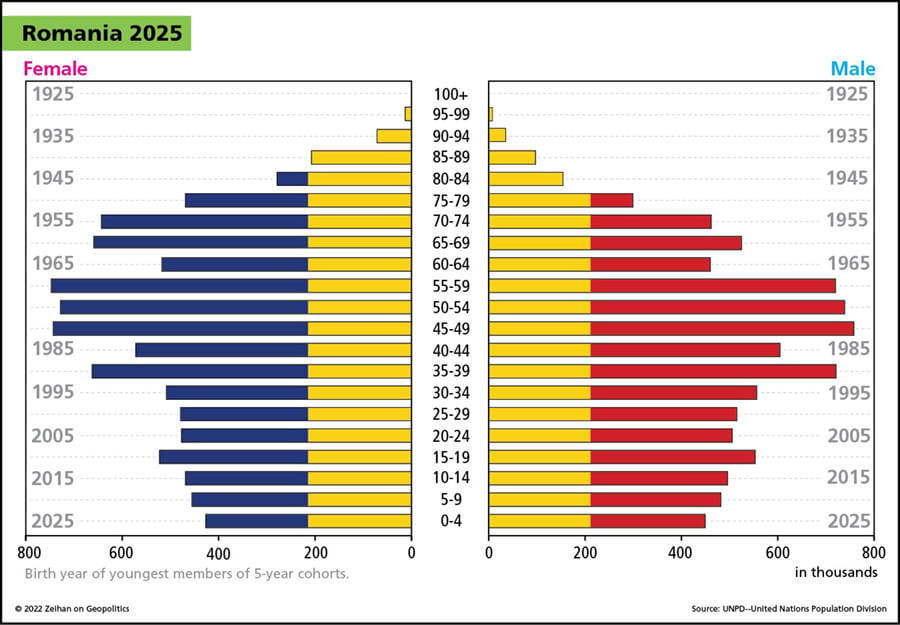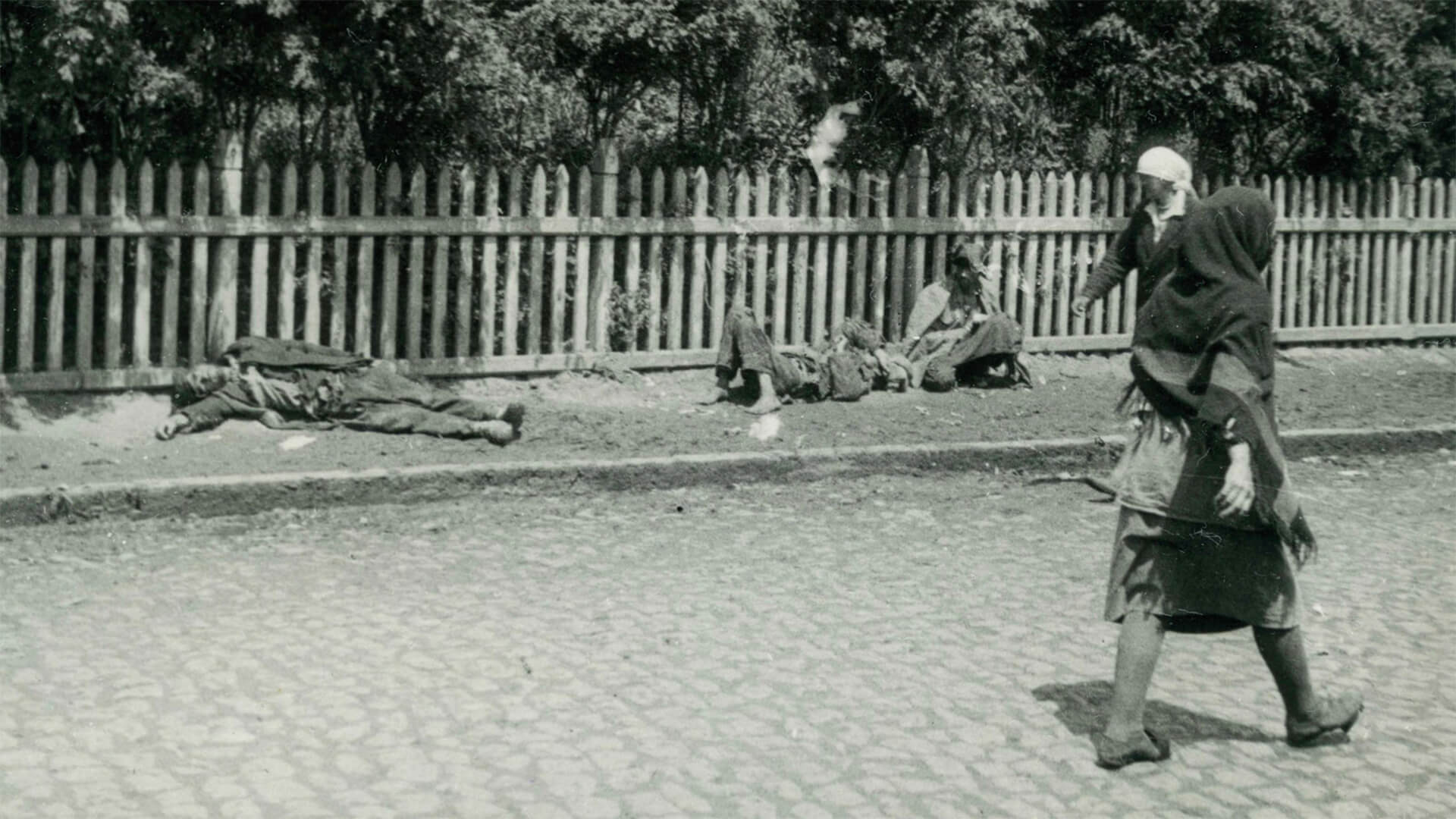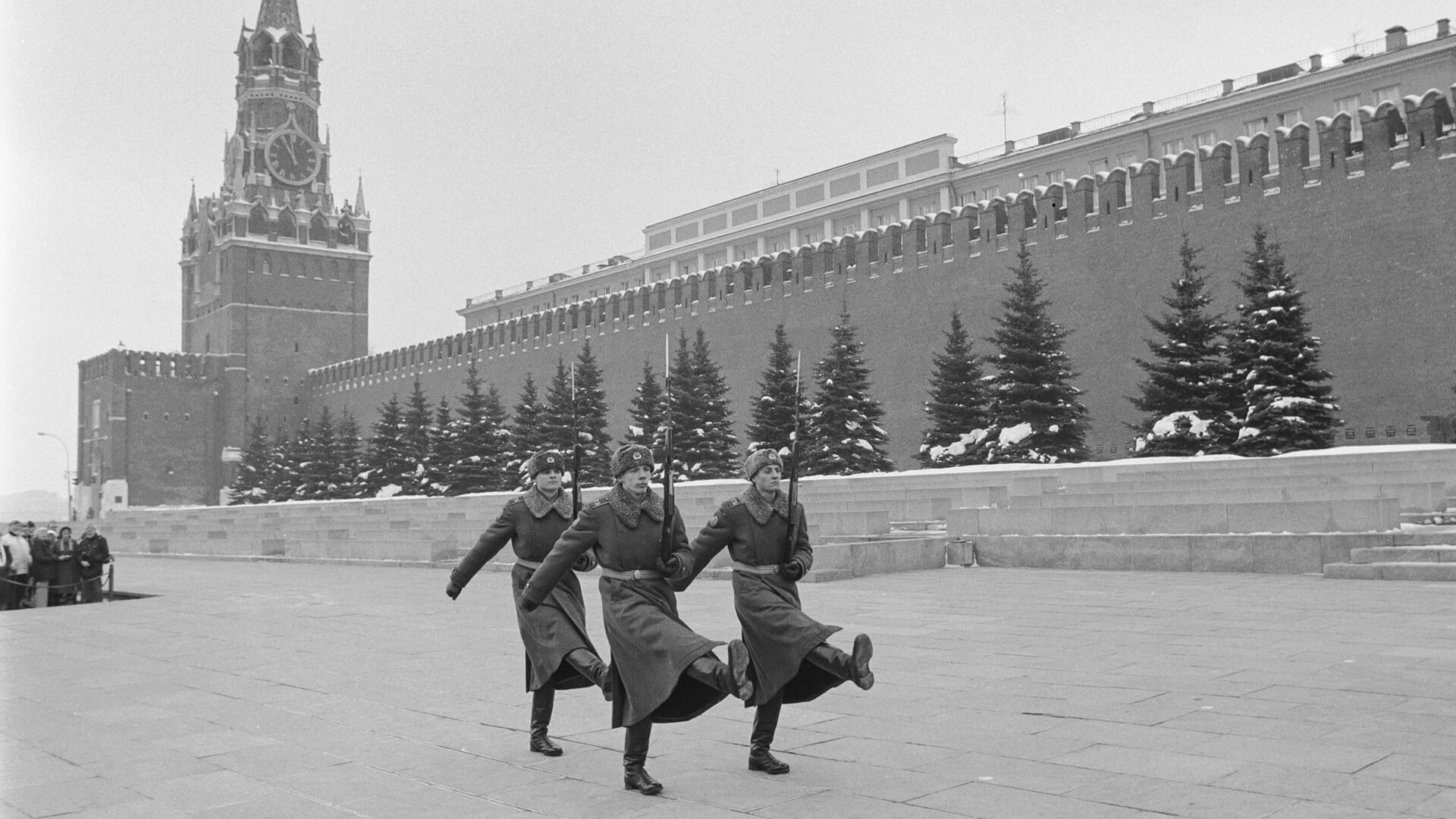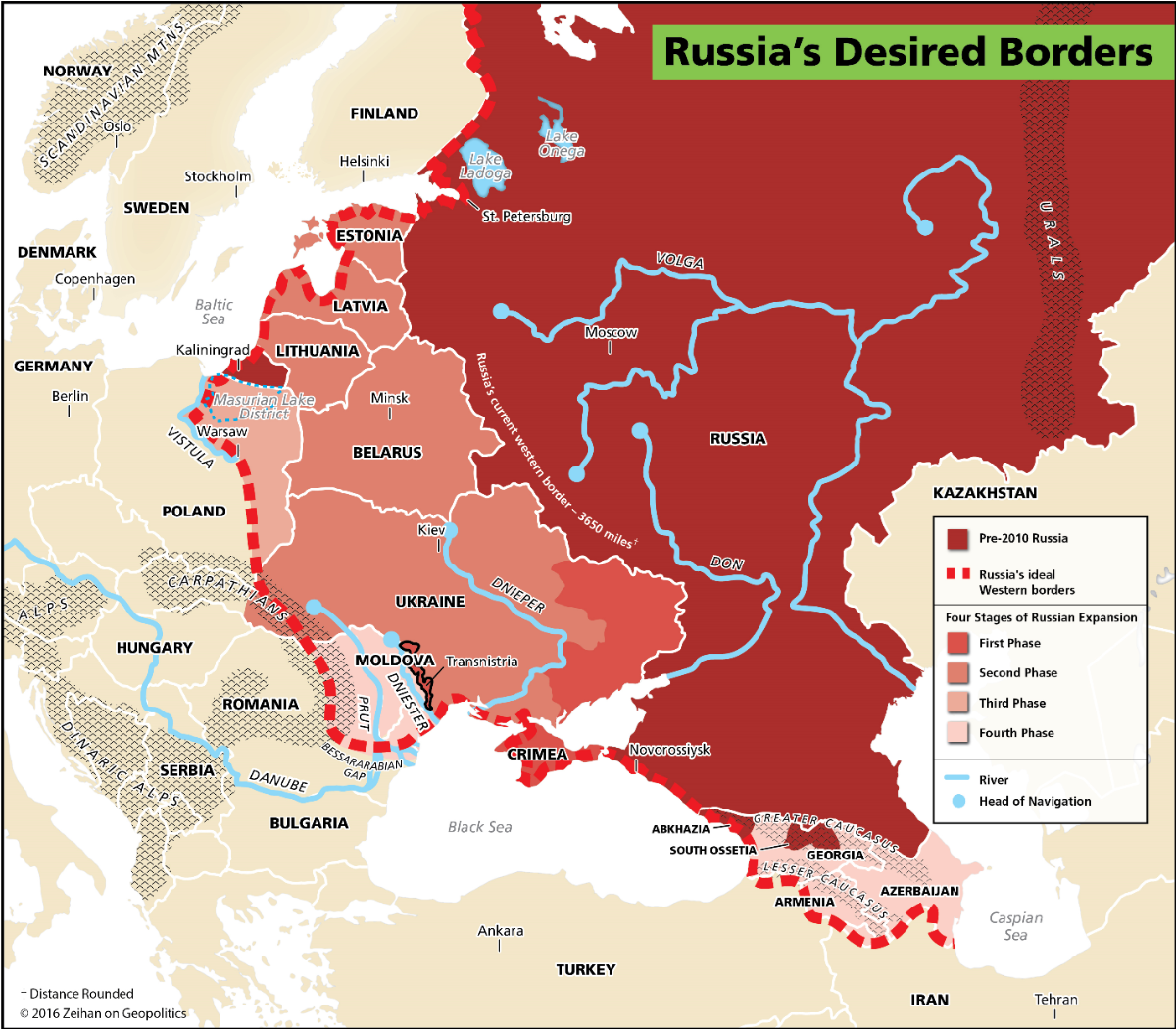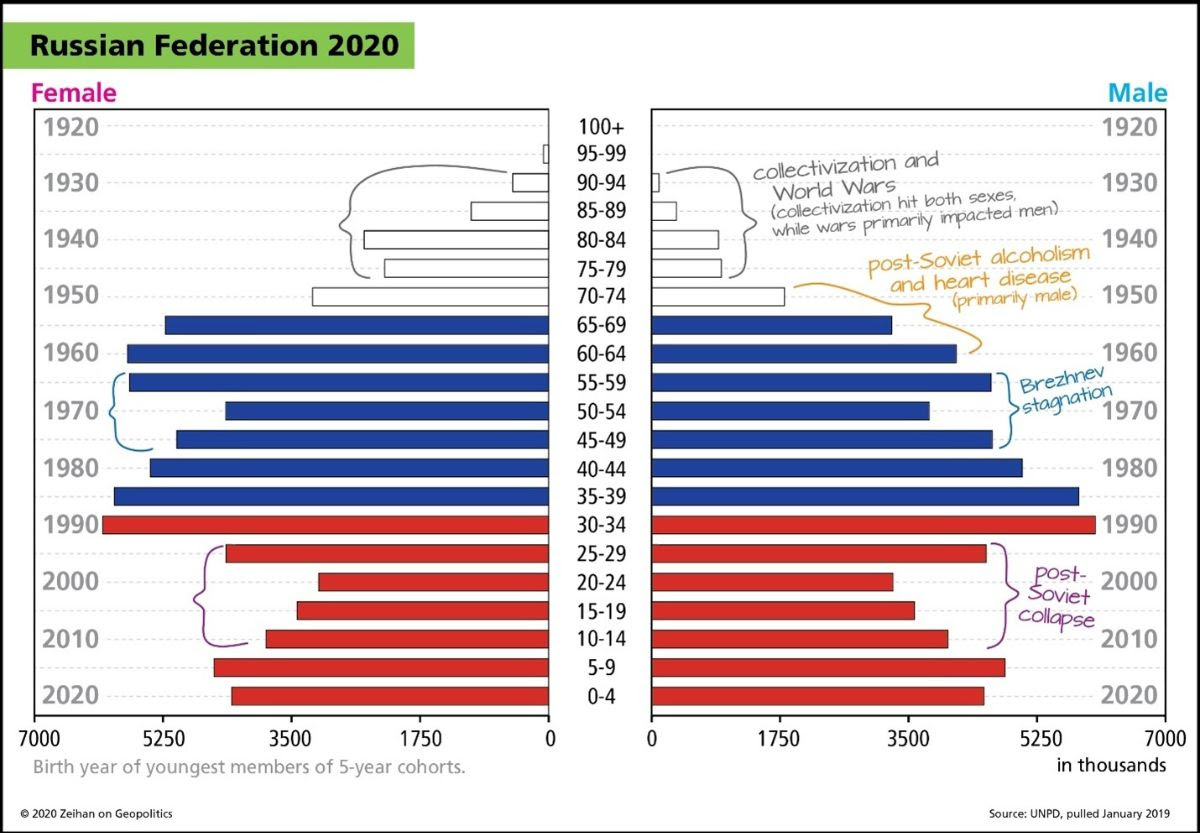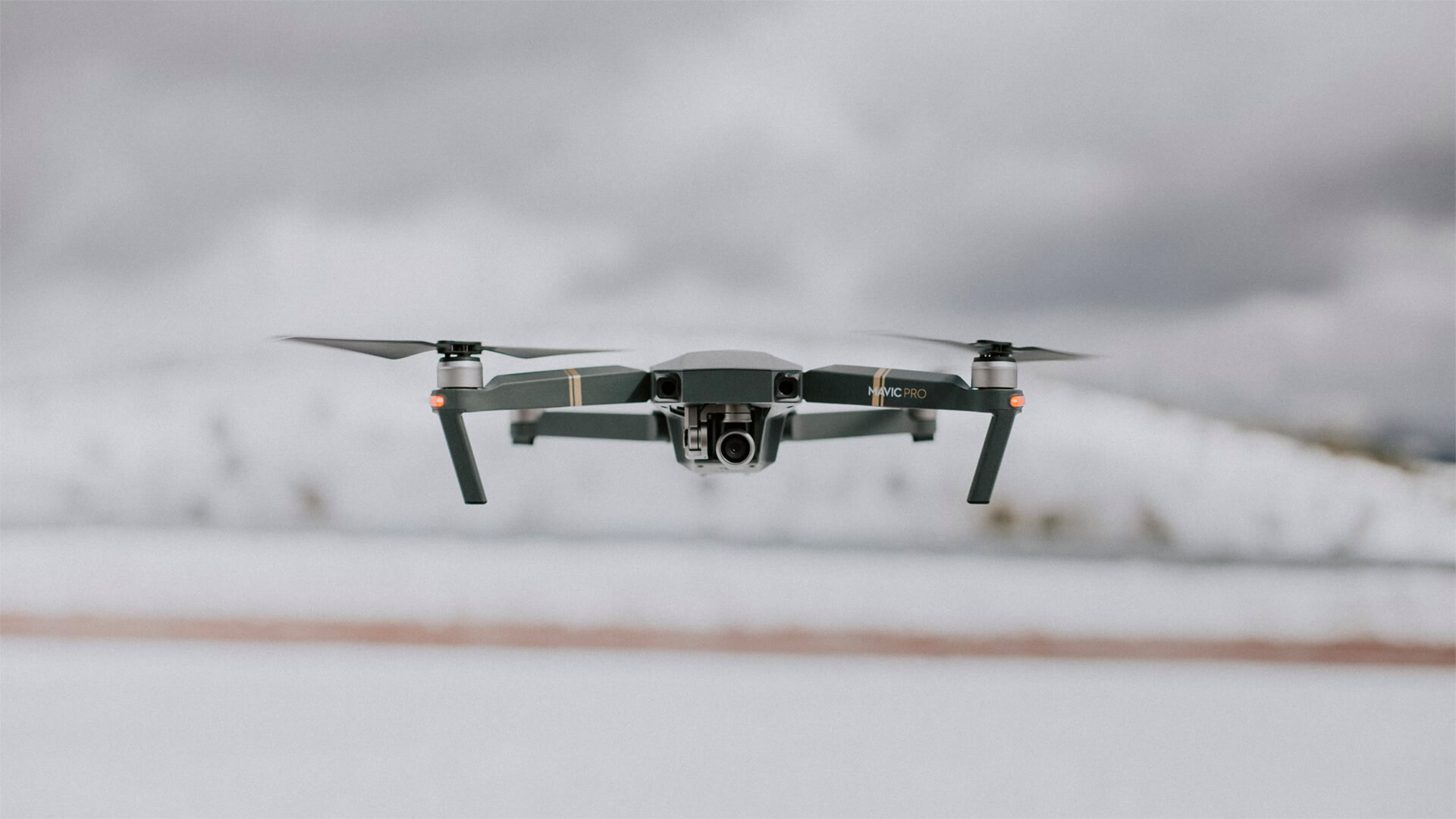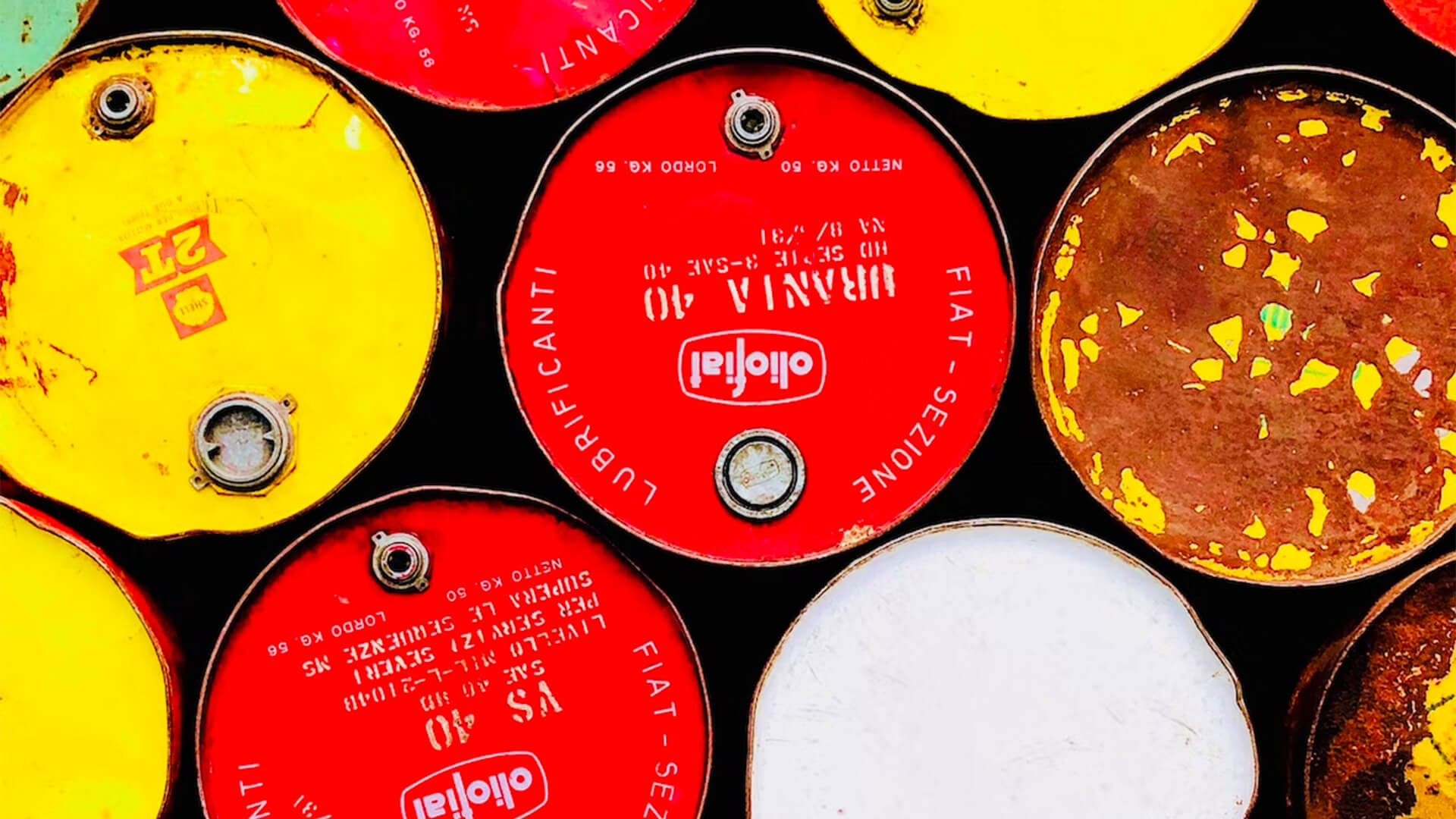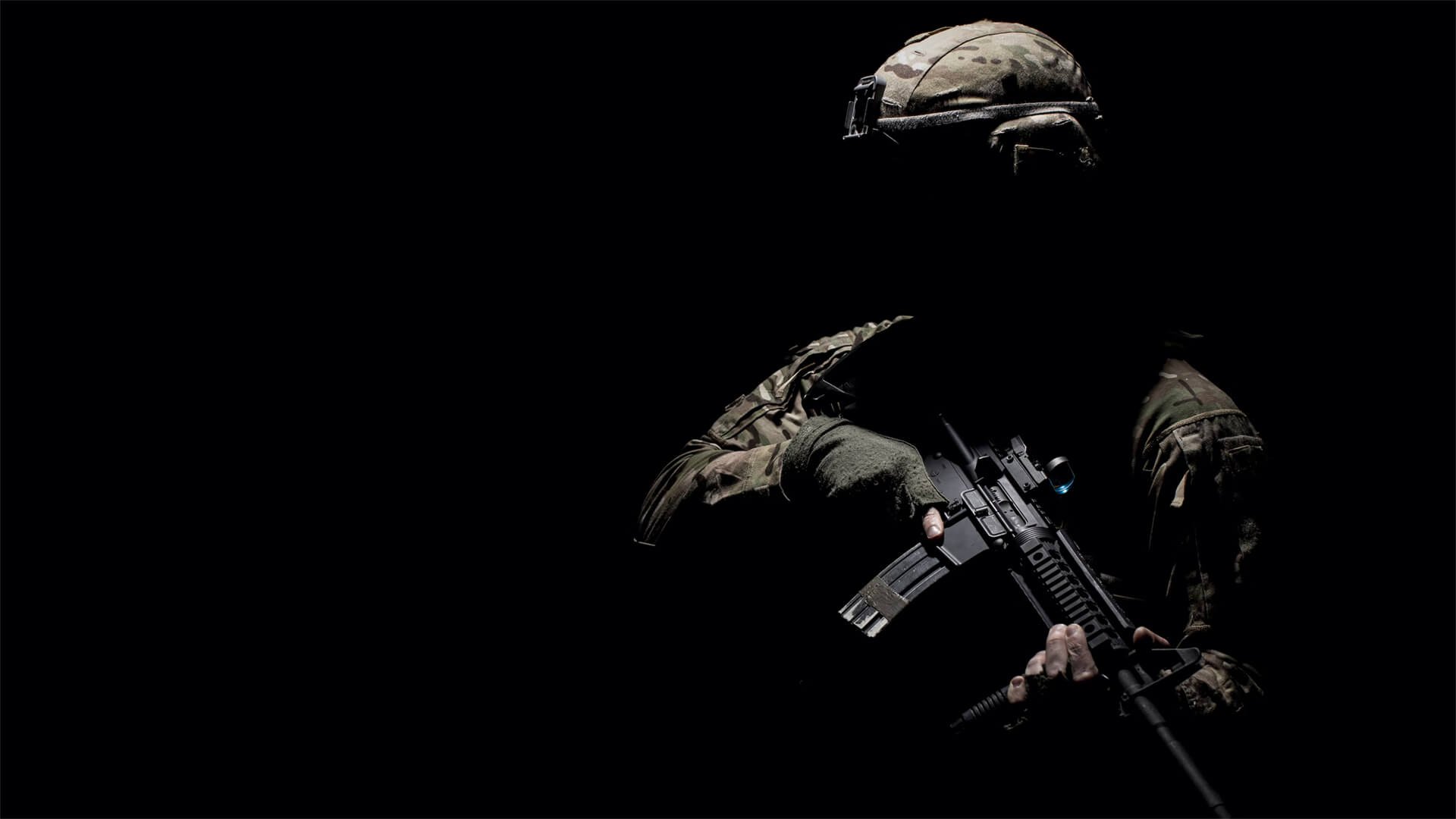Perhaps the scariest takeaway from the Ukraine War is that it’s just beginning. To fully understand what is at stake here, we must look at Russia’s motivators and the possible outcomes.
Russia is looking to reclaim enough land for them to reach the geographical strong points that were once part of the Soviet Union. Beyond that, Russia is essentially fighting for its existence. So the only viable option for them is…winning…at whatever cost. That is a terrifying reality.
If the Ukrainians hold Russia off, we’ll see a long, drawn-out war over disputed land until Russia makes enough progress to launch another large-scale assault. For Ukraine to prevail, they would have to destroy sufficient Russian industrial and logistical capacity WITHIN RUSSIA to render another assault impossible.
If the Russians get past Ukraine, they won’t stop there. Poland and Romania will be next, but the Russians know that facing off with NATO isn’t going to end well. And that’s when the nuclear question comes up.
Regardless of how this plays out, we know Russia doesn’t give in lightly. What we’ve seen so far is just a warm-up and the real war is only now starting.
Prefer to read the transcript of the video? Click here
Join me on Feb. 17th for the webinar – Global Outlook: One Year into the Ukraine War.
We’ll dive into the global impacts the war has had on supply chains, agriculture, and much more. After my presentation we’ll have a Q&A portion to answer all those burning questions.
Here at Zeihan On Geopolitics we select a single charity to sponsor. We have two criteria:
First, we look across the world and use our skill sets to identify where the needs are most acute. Second, we look for an institution with preexisting networks for both materials gathering and aid distribution. That way we know every cent of our donation is not simply going directly to where help is needed most, but our donations serve as a force multiplier for a system already in existence. Then we give what we can.
Today, our chosen charity is a group called Medshare, which provides emergency medical services to communities in need, with a very heavy emphasis on locations facing acute crises. Medshare operates right in the thick of it. Until future notice, every cent we earn from every book we sell in every format through every retailer is going to Medshare’s Ukraine fund.
And then there’s you.
Our newsletters and videologues are not only free, they will always be free. We also will never share your contact information with anyone. All we ask is that if you find one of our releases in any way useful, that you make a donation to Medshare. Over one third of Ukraine’s pre-war population has either been forced from their homes, kidnapped and shipped to Russia, or is trying to survive in occupied lands. This is our way to help who we can. Please, join us.
CLICK HERE TO SUPPORT MEDSHARE’S UKRAINE FUND
CLICK HERE TO SUPPORT MEDSHARE’S EFFORTS GLOBALLY
TRANSCIPT
Hey everybody. Hello from Colorado. I thought today would be a great day to underline for everyone what’s at stake with the Ukraine war and why the war to this point really is just the very beginning of what’s going to be a long, protracted conflict that is going to stretch well beyond Ukraine’s borders. Alright. With that in your back pocket, let’s launch in.
This is a map of the Russian space, and that green area is the Russian wheat belt. That is the part of Russia that is worth having where the weather is not so awful. It’s still awful…That you can’t grow crops can’t grow much. You get one crop of relatively low quality wheat because the growing season is very short. Summers are very hot and dry and windy and winters are very cold and dry and windy. If you move to the right, you’re in Tundra and Taiga. That’s the blue. If you go to the left, you’re in the desert. So north to tundra, south to desert.
But what really drives the Russians to drink is the beige territory. Territories that even by Russian standards are useless. But they’re flat and they’re open and you can totally run a mongol horde through those. So what the Russians have always done is reached out past the green, tried to expand, get buffer space, get past that beige, that area that’s useless, and reach a series of geographic barriers where you can’t run a Panzer division through it and then forward position. They’re relatively slow moving, relatively low tech forces in the access points between during the Soviet period, the Russians controlled all of those access points. It was the safest that the Russians have ever been, and then they lost it all. And what they’ve been trying to do under Putin and Yeltsin both has been to re-expand back to those footprints so that they can plug the gaps, plug the places where the invaders would come, get static footprints, lots of troops right on the border where you can’t avoid them, you can’t outmaneuver them.
And this has been what they’ve been trying to do. This is the Kazakh intervention in the Karabakh war and the Georgian war and the Donbas war and the Crimean War. This is what it’s all been about. Ukraine, unfortunately for the Ukrainians, is not one of these access points. It’s on the way to the two most important ones in Romania and Poland.
So this war was always going to happen and this was never going to be the end of it. The Russians have launched eight military expansions since 1992. This is the ninth and it wasn’t going to be the last one. Eventually they would come for Poland and they would come for Romania. But we now know that the Russians are militarily incompetent at fighting a conventional war. So we know if they succeed in Ukraine and they reach the Polish border, they know that there will be a 1000 to 1 casualty ratio if they face off against NATO forces. So we know that when they do eventually come, if they make it past Ukraine, they will use every tool that they have. And that includes nukes. The Russians feel that they are fighting for their existential existence and because of the demographic collapse they are. If they fail to capture Warsaw and northeastern Romania in the vaults, they will shrivel in an open zone wracked by internal disruptions and interfered with from outside powers. And over the next decade or three, they will cease to exist as a functional country. Winning here is their only option, and since its death or winning every possible tool that they have will come into play. And that includes the nuclear question when it becomes their only option. If the Russians win in Ukraine, we will have a nuclear exchange.
But if you’re Ukrainian, obviously you have a different view on how this should go. What we’re looking at here is an old industrial map of industrial assets in the former Soviet system box there indicates approximately the Ukrainian borders. And you’ll notice that there’s a whole cluster of these little industrial circles just beyond Ukrainian space. We know if the Russians win in Ukraine, where they come in.
But think about what it means if the Ukrainians win, if they succeed in ejecting Russian forces from their entire territory, the Russians aren’t going to stop. Remember, this is for them an existential fight for their survival. They will continue doing cross-border raids until they feel they have an advantage. They can make another try of it. So the only way that Ukrainians can win and then live in peace afterwards is to disrupt the logistics that prevent industrial plant in those circles from contributing to a war effort on the Ukrainian border zone. And that means the Ukrainians have to cross the border into Russia proper. Whether they do this with planes and missiles or artillery and rockets or general army that will determined by the facts on the ground when this finally happens. But we’re talking about deep strikes in excess of 100 to 200 miles into the Russian space to deliberately destroy industrial plants and especially connecting infrastructure.
So we know now that if the Russians win, we’re going to have a nuclear crisis. And if the Ukrainians win, it’s the beginning of a long slog that will take years to resolve one way or the other until either Ukraine loses the capacity to function or Russia loses the capacity to function. Russia’s never backed down from a war without a series of mass casualty events that were so severe that they’ve lost the ability to maintain a military position at all. They fight until they can’t, especially now considering what is at stake.
This is going to get a lot more intense before it gets resolved. And 2022 was honestly just the warm up in the skirmishes. Fighting in 2023 is going to be a lot more severe because the Ukrainians are finally getting some real heavy equipment and tanks and the Russians are doing a second mobilization and they’re going to have three quarters of a million troops in Ukraine by the end of May.
The real war is only now starting.

